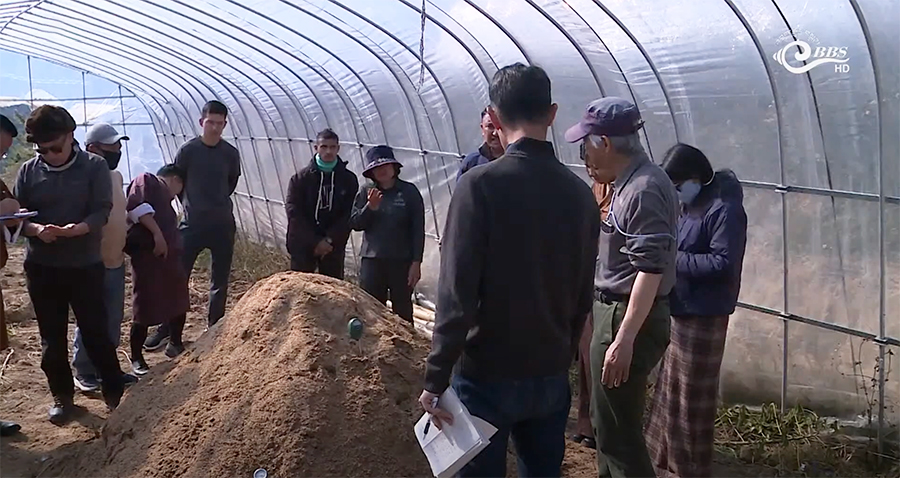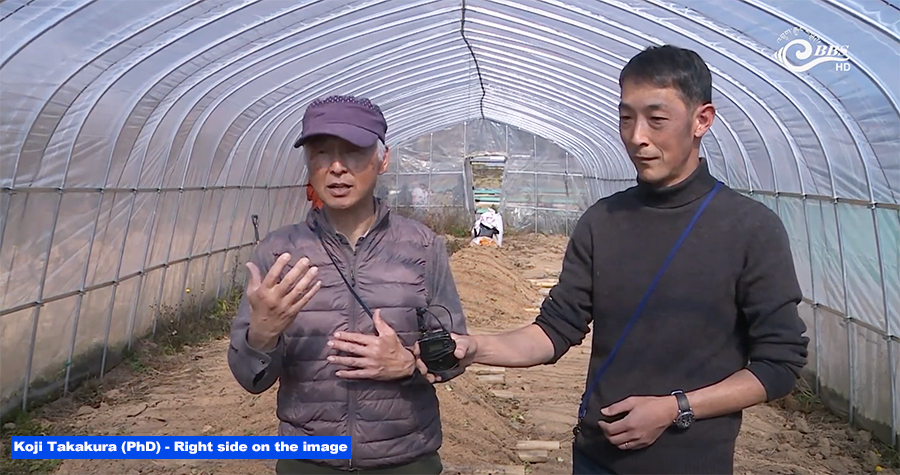
The Thimphu Thromde will soon start converting wet waste into manure at the Memelakha landfill site. The thromde will construct a composting plant worth over Nu 2 M at the landfill site with financial support from the Institute for Global Environmental Strategies based in Japan under the United Nations Environment Programme. The initiative aims to reduce the environmental impact of wet waste, which makes up to nearly 60 per cent of the total waste dumped at the landfill daily.
 Two Japanese experts conducted a two-day hands-on compost training at the National Centre for Organic Agriculture at Yusipang in Thimphu on Monday.
Two Japanese experts conducted a two-day hands-on compost training at the National Centre for Organic Agriculture at Yusipang in Thimphu on Monday.
The composting process begins by mixing various edible items, including brown sugar, yeast, yogurt, rice husk and water, among others, to create a base called seed compost.
This mixture is kept for a few days to reach over 60 degrees Celsius, and its moisture content to drop to 40 per cent, turning into a black color.
Wet waste is then added daily, with the composting continuing until complete decomposition.
To ensure proper aeration, the compost is prepared on bamboo platforms with holes.
Through this initiative, we can significantly reduce leachate—a hazardous liquid from wet waste and minimize its environmental impact. While the project looks small now, it will scale up into a large operation at the landfill site in Memelakha,” said Sonam Wangchuk, chief environment officer at the Environment Division, Thimphu Thromde.
 “Wet waste generates methane, a greenhouse gas more potent than carbon dioxide in causing global warming. This method of composting transforms waste into something useful without bad odors or unhygienic conditions,” said Koji Takakura (PhD), expert at the Institute for Global Environmental Strategies, Japan.
“Wet waste generates methane, a greenhouse gas more potent than carbon dioxide in causing global warming. This method of composting transforms waste into something useful without bad odors or unhygienic conditions,” said Koji Takakura (PhD), expert at the Institute for Global Environmental Strategies, Japan.
Waste service providers like Greener Way and Green Bhutan will operate and manage the composting plant. The manure will be sold in the market at an affordable price.
Currently, close to 50 metric tonnes of waste, which is equivalent to 50 compactor truckloads, are dumped at the Memelakha landfill daily.
Namgay Dema
Edited by Sonam Pem









